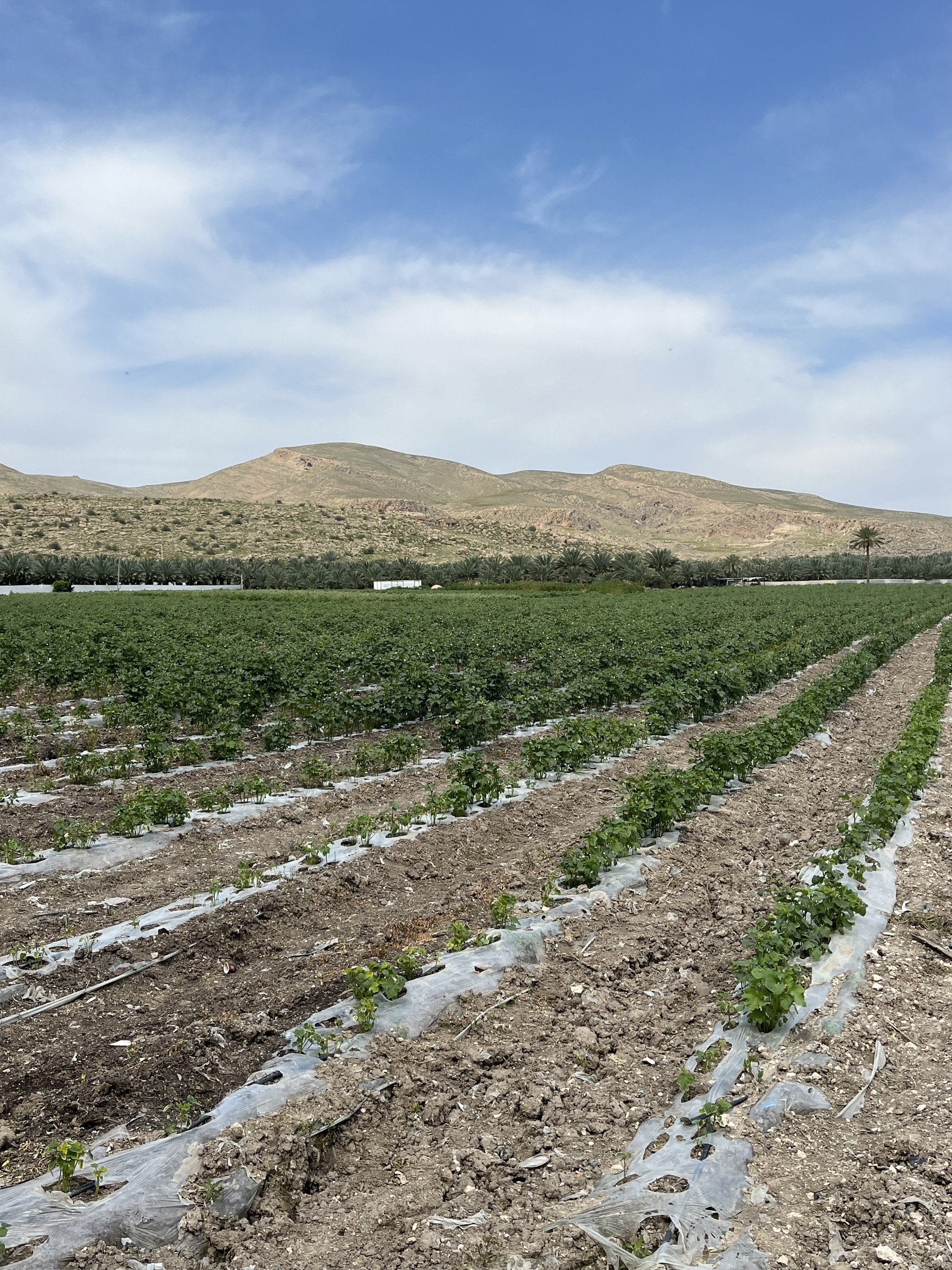Quality Technologies Revitalizing Agriculture
West Bank and Gaza
Overview
USAID’s Quality Technologies Revitalizing Agriculture (Q’tra) Activity (2023-2025) was a two-year, $55 million initiative aimed at enhancing freshwater conservation and revitalizing agriculture to strengthen water and food security while stimulating economic growth in the West Bank and Gaza. Q’tra worked with farmers to adopt tailored irrigation technologies that boost productivity. Through the use of smart irrigation systems, the Activity supported farmers to make informed decisions about when and how much to irrigate their crops while optimizing their use of agrochemicals. Moreover, this approach helped farmers increase the availability, quality, and management of their water supplies. Shifting to solar-powered technologies also helped reduce energy consumption, contributing to measures that helped local communities build resilience and improve competitiveness.
Impact
- $101,679 mobilized in private investment
- 286,973 cubic meters of water saved in agriculture
- 99 people received improved agricultural technologies to promote water savings

Q’tra’s activities focused on agricultural areas that benefited from improved irrigation across the West Bank and Gaza, such as: Tubas, Jericho, Jenin, Tulkarem, Qalqilya, Bethlehem, and Hebron in the West Bank, and Rafah, Khan Younis, and Middle and Northern Governorates in Gaza. During the recovery of Gaza, Q’tra will strengthen food security by helping farmers renew agricultural production and improve the availability and functionality of irrigation water resources.
Objectives
- Improve the efficiency of water use for irrigation
- Adapt and build farmer resilience
- Revitalize the agriculture sector
Approach
Q’tra utilized a flexible co-investment fund to provide farmers, cooperatives, and water-user associations (WUAs) with appropriate, high-quality technologies and equipment such as low-flow emitters, computerized irrigation systems, plastic lining for ponds, aquaponic systems, hydroponic systems, solarization equipment, and reverse osmosis units. Through training and awareness-raising activities, Q’tra built the capacity of farmers to properly operate and maintain new technologies and improve production and irrigation practices. Q’tra also strengthened cooperatives, farmers’ organizations, and WUAs through targeted assessments and capacity-building initiatives that drew on local capacity and participation, enabling them to better serve their farmer members and communities to improve water management and productivity.


